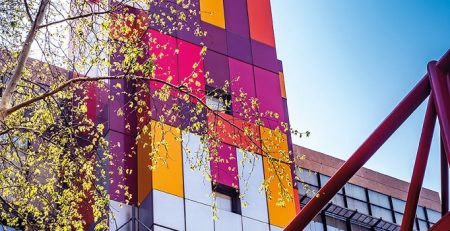BYD Auto: A Trailblazer in New Energy Vehicles
Detailed Review Report on BYD Auto
Introduction
BYD Auto Co., Ltd., a subsidiary of BYD Company, has emerged as a global leader in the new energy vehicle (NEV) market. Headquartered in Shenzhen, China, BYD is not just an automaker; it is a pioneer in sustainable transportation solutions. With an expansive product line ranging from passenger vehicles to electric buses and trucks, BYD is a testament to China’s technological prowess and its commitment to reducing carbon footprints.
1. Leadership in New Energy Vehicles (NEVs)
BYD has redefined the NEV segment with its innovative electric and hybrid vehicles. As of 2024, it dominates the Chinese market, delivering over 1.86 million vehicles annually. Its success lies in its ability to integrate advanced battery technology, design, and functionality seamlessly.
2. Global Expansion Strategy
BYD is rapidly expanding its footprint, targeting key markets like Europe, Latin America, and Africa. Notably, its recent partnerships with European distributors have solidified its presence in countries like Norway, Germany, and the UK. This global outreach positions BYD as a formidable competitor to established EV brands worldwide.
3. Technological Innovation
BYD’s proprietary Blade Battery has set a benchmark in safety and efficiency. This technology ensures enhanced energy density while minimizing risks of overheating. Moreover, BYD’s focus on autonomous driving capabilities and AI integration places it at the forefront of automotive innovation.
4. Diversified Product Portfolio
BYD caters to various consumer segments through its sub-brands:
- Denza: A collaboration with Mercedes-Benz, offering premium EVs.
- Yangwang: Targeted at high-performance luxury EV enthusiasts.
- Fangchengbao: Aimed at adventure and off-road markets.
This diversified approach enables BYD to tap into different market niches effectively.
5. Commitment to Sustainability
BYD has aligned its operations with global sustainability goals. Its electric buses have replaced over 400,000 fossil fuel-powered vehicles globally, reducing carbon dioxide emissions by millions of tons annually. This commitment underscores BYD’s role in combating climate change.
6. Competitive Edge Against Rivals
BYD’s affordability and vertical integration give it an edge over rivals like Tesla and Rivian. Unlike Tesla, which relies on external suppliers, BYD produces batteries and other critical components in-house, ensuring cost control and quality.
7. Impact on Public Transportation
BYD’s electric buses and trucks have revolutionized public transit. Its vehicles are used in over 50 countries, including major cities like Los Angeles and London. These buses offer not just environmental benefits but also operational cost savings for municipalities.
Conclusion
BYD Auto represents the future of transportation—a harmonious blend of innovation, sustainability, and global outreach. As the demand for NEVs surges worldwide, BYD is poised to lead the charge, making sustainable transportation accessible to all.









Leave a Reply